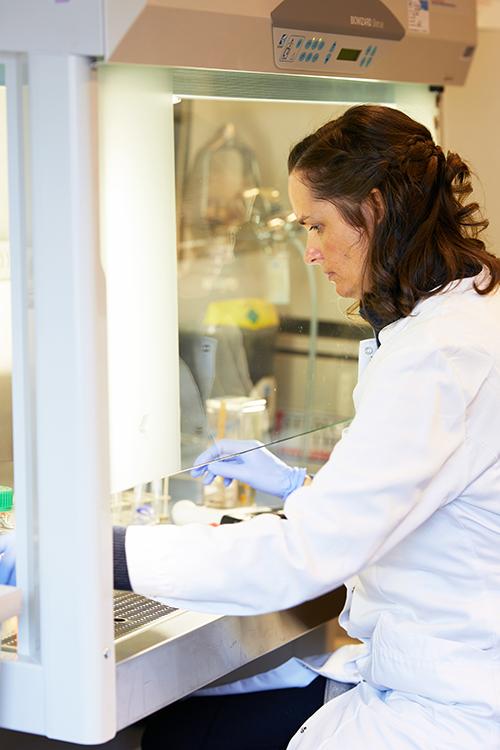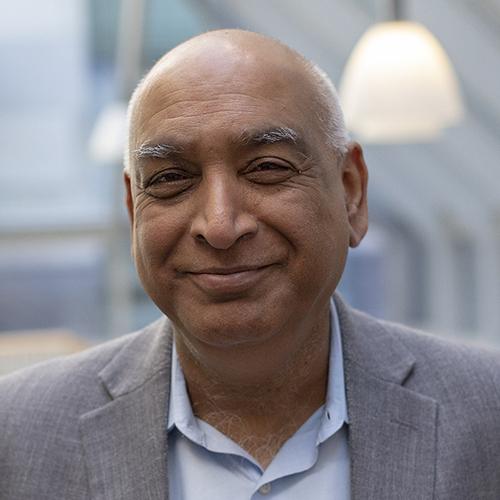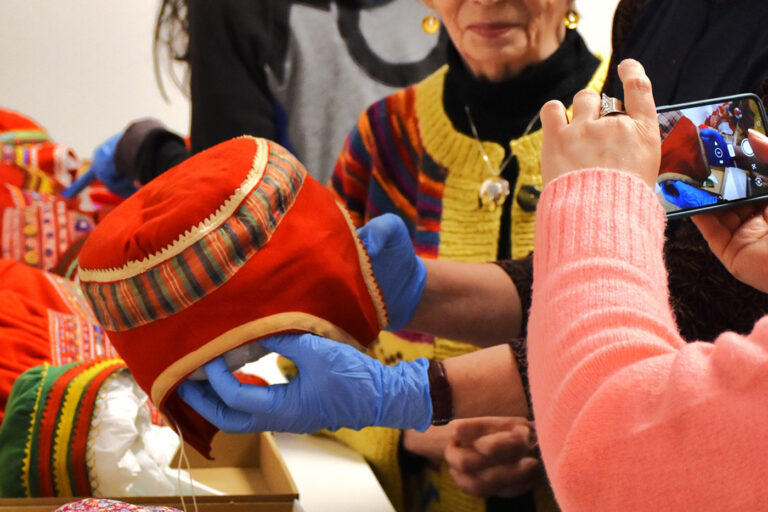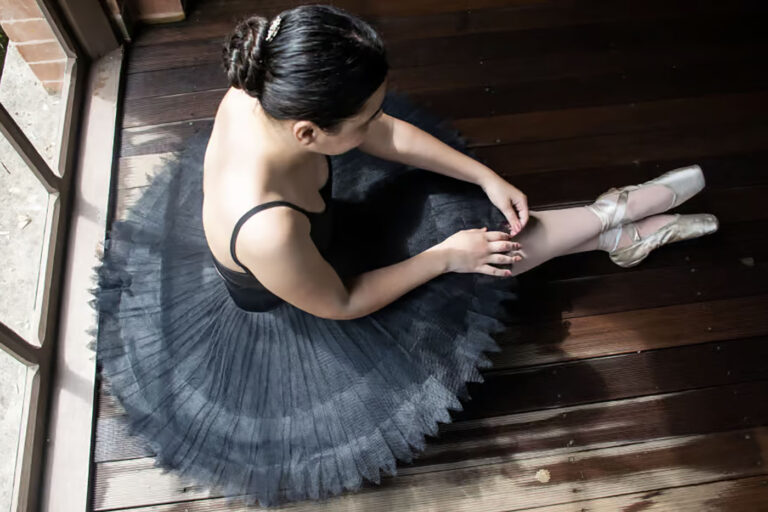The future of treating diseases lies in immunology
Postdoctoral researcher Zivile Giedraityte intends to find new ways to treat cancer. It is why she wants to become an expert in immunology.
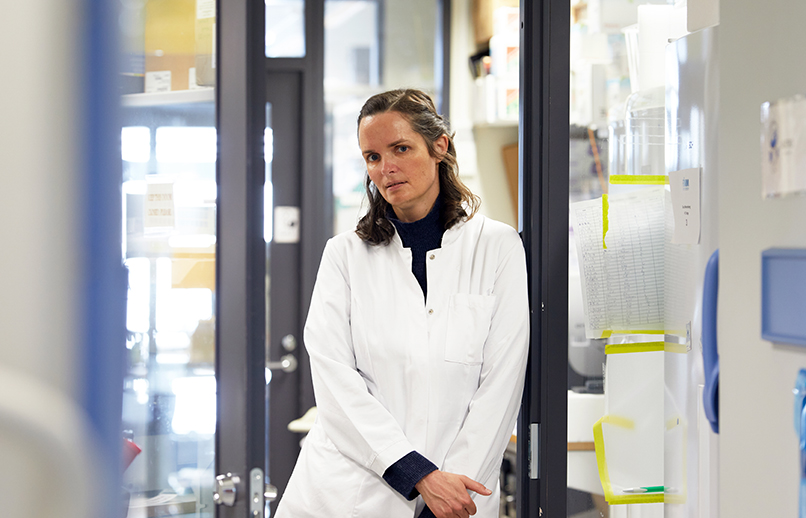
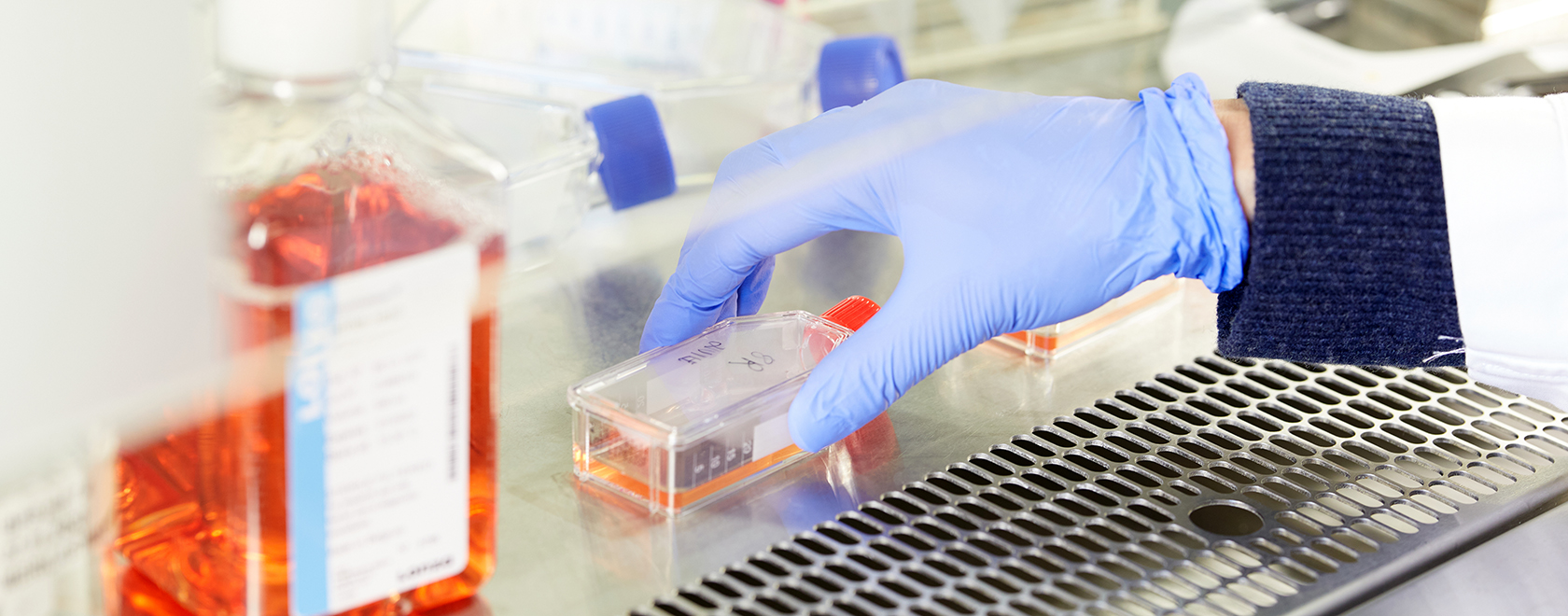
Text and photos: Laura Iisalo
The cost of cancer is high for both the patient and society, and the same applies for autoimmunity, a condition where the patient develops antibodies or T cells, which are a type of immune cell, that mistakenly react to the patient’s own tissues or organs.
Both diseases cause remarkable morbidity and mortality, even with current treatment methods. The two are also strongly connected. Cancer is often caused by a faulty immune system, which fails to attack defective cells thus allowing cancerous cells to grow and divide.
Chemotherapy is frequently used to treat cancerous tumours but Postdoctoral researcher Zivile Giedraityte believes that in the future all diseases, including cancer, will be treated with immunotherapy instead.
The method, which came of age in the early 2000’s, involves activating the patient’s own immune system to cure a tumour by identifying and destroying cancer cells. By now 25 percent of cancers have been cured this way but strengthening the immune system comes with a risk; it may cause the patient to develop autoimmunity.
– I believe that all diseases are linked to immune responses. In the future treatment will be highly personalised and I believe that we will be able to find an immune response that is so powerful that it will kill the cancer cells in our bodies. To do that we need to understand the defence mechanisms, and to control the immune reaction. The more we understand, the more control we have of those diseases, Giedraityte says.
Discovery is the joy of science
Giedraityte, who is currently developing new types of immunotherapies for ovarian cancer at the Department of Bacteriology and Immunology, Translational Immunology Research Program, University of Helsinki, wants to eventually become an independent researcher, and better understand the mechanisms that affect the immune system in order to find new ways to cure cancer.
To take the next step towards her goals she will spend one year at the laboratory run by Professor of Medicine and Health Sciences & Technology at Harvard Medical School, Shiv Pillai, in the Ragon Institute of MGH, MIT and Harvard, where everything is studied through the lens of immunology.
– Our immune systems have been designed to see an infinite number of shapes, and they can recognise anything that is foreign. Sometimes they make cells that recognise our own cells, and that is the price we pay for having strong mechanisms that protect us from infections, Pillai explains the mechanism of autoimmunity.
According to him there is no better suited environment for scientific research than Boston, which is one of the most international cities with students and postdoctoral researchers from all over the world, and where science is better funded than in any European country.
– I arrived here 37 years ago and I still feel like there is no other place in the world that gives more scientific stimulation. We have a friendly atmosphere in our lab and we like to bounce ideas off each other. I’m still learning every day, Pillai says.
The scientific community is also highly competitive, and the key to a successful launch of a career as an independent researcher is making a discovery. It is what Pillai did in the 1980’s, when he discovered the existence and importance of surrogate light chains for B cell development, and it is what he encourages his students to do.
– The joy of science is discovery and the beauty in studying biology is that we understand many things but not completely. In order to use the knowledge for therapeutic advantage we need to understand better how things work, and that is what we try to do.
Postdoctoral researcher Zivile Giedraityte was awarded a grant in 2021 from the Foundation’s Post Doc Pool which allows her to spend an academic year at the Ragon Institute of MGH, MIT and Harvard.
